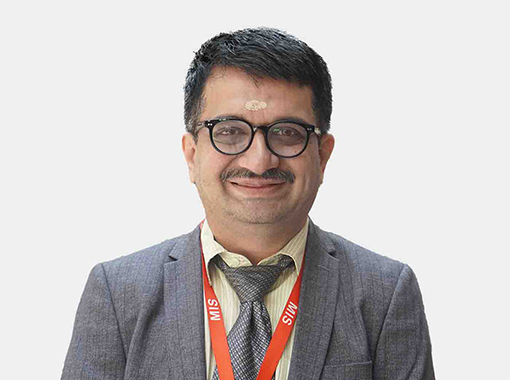Get in touch
Address: Myanmar International School, No 20 Pyin Nya Waddy Street, Yankin Township, Yangon
info@mis-edu.com
ph: +959750212305
Work inquiries
info@mis-edu.com
ph: +959750212305
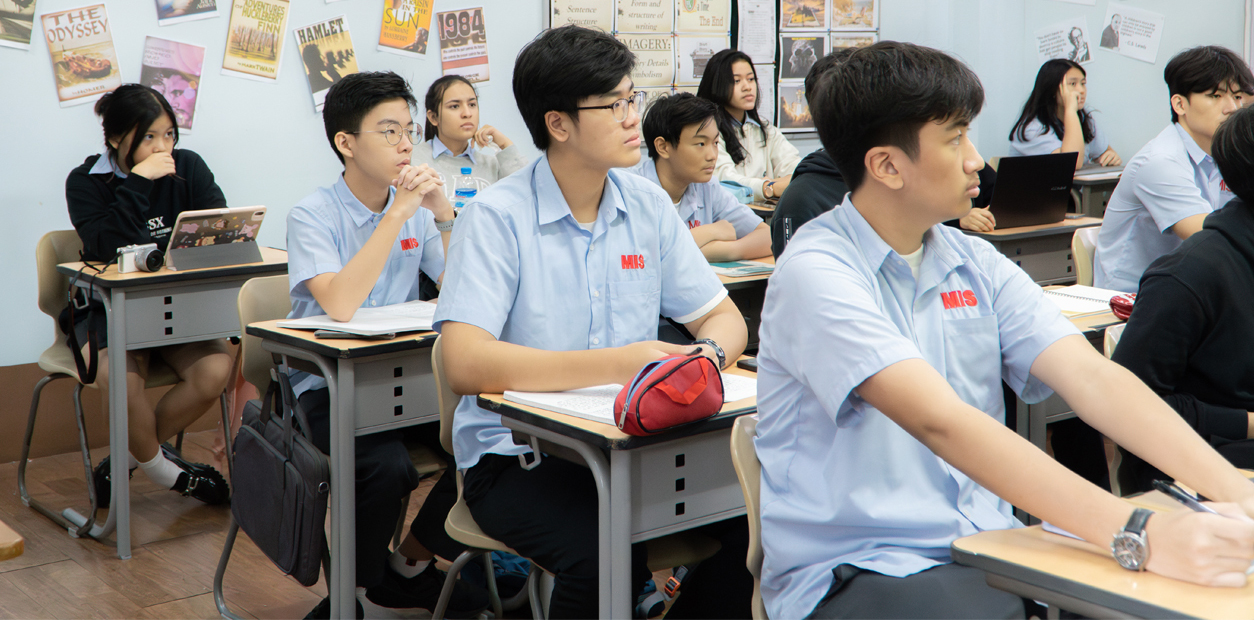






We hope this A level Section of the website will help you to make good choices to support you when you leave school. At MIS we have a balanced curriculum that will help you develop the skills that you need whatever you want to do after school. We have a broad range of subjects that includes 3 or 4 A levels including IELTS, and a Personal Social and Health Education (PSHE) programme that prepares you for life after school and includes units on careers and university applications to help you get ready for a successful transition. The table below explainshow lesson time in years 12 and 13 is used.
A levels are England’s national high school qualification, although they are also used in 125 other countriesbecause they have a proven reputation for being excellent preparation for universities around the world,employment and life. They are studied by students aged 17 – 18 during their final two years at school. Students usually take three subjects. For some universities and courses, it is helpful to take four subjects; our Headof Sixth Form and our university counsellor can help you to decide what is the right path for you.
What are the benefits of A Levels?
MIS is a registered examination centre for the Cambridge Assessment A Levels. Cambridge Assessment is the world’slargest provider of education programmes and qualifications with over 9,000 schools in 160 countries.
Choosing your options
Most students will take four AS level subjects in year 12.
The subjects you choose should be based on the grades you get at IGCSE as well as your intended career pathway, and yourform tutor, subject teachers will help you with these. You should not choose subjects based on a teacher you like or the subjects that your friends have chosen.
Your final decision should be made after you have discussed it with your form tutor and parents.
As the A Level programmes has developed at MIS, we have been able to offer more A levels courses and each year as ourschool grows, we will continue to offer more courses. The list of courses that follows shows the courses that we will be offeringthis year, 2023-2024
It is important to note that we will only run each course if there are enough students opting to take the course.
Therefore, whilst most will be running, they are not all guaranteed.
Students and parents often ask if you need to study a particular subject at IGCSE to study it at ALevel. The answer depends on the subject.
The first group of subjects requires an IGCSE in that subject before starting A Level. This is because A Level study builds upon the knowledge, skills and understanding gained through IGCSE study. Our experience suggests that students who do well in these subjects normally have a B grade (or above)pass at IGCSE:
Similarly, the following subjects require a pass at IGCSE in either coordinated or triplescience before starting A Level:
The next group of subjects are offered at IGCSE and this is a good preparation for A level study.However, the syllabuses are designed to allow students to start A level study without having donethe subject at IGCSE and some students do this successfully each year:
The final subject on the above list is offered at A Level at MIS. This subject is not taught at IGCSEand you do not need prior knowledge to study this course. It can make a good choice if you areinterested in that subject.
Your choice of A Levels subjects will affect what you can study in University and where you can apply. Universities often require specific A Levels subjects for particular courses.Some individual universities and universities in some countries also have general subject entry requirements you must meet. To make sure you choose the right subjects for whatyou want to do in the future, use this quick guide:
If you know the subject you want to study at university or the country you want tostudy in:
Check the general and subject specific entry requirements for several universities in that country online and make sure you know the subjects you need to If you don’tknow how to do this, find Mr Christian in the careers room and ask for help.
Check the general entry requirements for several universities in that country online and make sure you know the subjects you need to take. If you don’t know howto do this, find Mr. Christian and ask for
In this table you will find the subjects we are offering our MIS students this year. From the table you should select a maximum of FOUR subjects – all from different sections.
A LEVEL SUBJECT BLOCKS
| GROUP1 | GROUP2 | GROUP3 | GROUP4 | GROUP5 | GROUP 6 |
| English | Mathematics | CHEMISTRY | PHYSICS | BIOLOGY | CHINESE |
| ART & DESIGN | ECONOMICS | BUSINESS STUDIES | COMPUTER SCIENCE | ||
| GLOBAL PERSPECTIVES | PSYCHOLOGY |
The choices you make must not be based on a particular teacher who is delivering the course of the fact that your friends have also decided on certain subjects.
If you need ANY help in making your choices, please do not hesitate to contact the school. The admissions department will organise a personal interview with the Headof School or the Secondary Principal or University Counsellor.
A Level Art and Design offers students the opportunity to develop their technical skills and ideas through a range of different media and materials. Students complete four components for this qualification, two in the first year and two in the second. In all components, students investigate a theme or topic through criticalengagement with a theme:
(A Levels weighting: 25%, AS weighting: 50%) Portfolio of up to five sheets supporting work (A2 size)One final outcome (no time constraints)
Portfolio of supporting work (A2 size) Written analysis (1000-1500-word essay)
Core skills are introduced at the beginning of the course to develop a visual language through exploration of the formal elements, composition and experimentation with a variety of 2D and 3D processes.
Students are expected to produce preparatory work for all components, culminating in a final piece using their chosen media. Possible materials, processes and techniques include drawing, painting (acrylic, gouache, watercolour), printmaking (mono, Lino, dry point, block), collage, sculpture (assemblage,construction, casting, moulding) and mixed-media.
Students contextualise their ideas through researching the work of other artists, studying their techniquesand responding to these. Critical and analytical vocabulary is introduced and encouraged throughannotations, reflections and evaluations.
Sketchbooks are required and should evidence idea development from initial concept right through torealisation. Students must show engagement with their surroundings through first hand recording anddrawing from observation.
Students may progress to a variety of university courses in a range of disciplines: Fine Art, Fashion and Textiles, Architecture, Photography, Graphic Design, Illustration, Product Design, Interior Design, 3D Design, Animation, Media Studies, Advertising, Film, Accessory Design, Jewellery, and Art History.
Why study Biology?
“An understanding of the natural world and what’s in it is a source of not only a great curiosity butgreat fulfilment.” – David Attenborough.
Biology involves the study of a wide range of exciting topics, ranging from molecular biology to the study of ecosystems and from microorganisms to mammoths. Biology is never far from the headlines either… The human genome has been sequenced and we know the complete arrangement of the three thousand million bases that make up human DNA. In Kenya, 350 peopledie every day from AIDS and in South East Asia the skies are dark with smoke as the last Borneanrainforests are burned to grow oil palms. Biologists are concerned with all these issues. They work in the fields of cell biology, medicine, food production and ecology… and the work they do is vital tous all.
Cambridge International AS and A Levels Biology builds on the skills acquired at Cambridge IGCSE(or equivalent) level. The syllabus includes the main theoretical concepts which are fundamental to the subject, a section on some current applications of biology, and a strong emphasis on advancedpractical skills. Practical skills are assessed in a timetabled practical examination in Year 12.
The emphasis throughout is on the understanding of concepts and the application of biology ideas innovel contexts as well as on the acquisition of knowledge. The course encourages creative thinkingand problem-solving skills which are transferable to any future career path. Cambridge International AS and A Levels Biology is ideal for learners who want to study biology or a wide variety of relatedsubjects at university or to follow a career in science.
If you take the course, which is most suitable for those who have gained grade B or above at IGCSE level Science (or equivalent), you begin by studying the Advanced Subsidiary Level in Year 12. Once the Advanced Subsidiary A Levels in Biology is achieved, you can continue to takethe Advanced Level qualification in Year 13.
What will you learn as part of your course?
This syllabus is designed to provide you with:
In year 12 you will study the following topics:
Biological Molecules Transport and gas exchange
Cells as the basic units of life. Disease and protection DNA and themitotic cell cycle
In year 13 you will study the additional topics of:
The diversity of life Respiration
Genetics Mammalian physiology
Molecular biology and gene technology Plant Physiology
Transport and gas exchange Disease and protection against disease
For the Advanced Subsidiary A Levels in Biology there are 3 examination papers sat in theMay/June examination session in year 12.
Paper 1 – Multiple choice
Paper 2 – AS structured questions Paper 3 -Advanced practical skills
To continue on to the Advanced Level there are 2 more examination papers sat in theMay/June examination session in year 13
Paper 4 – A2 structured questions
Paper 5 – Planning, analysis and evaluation
Why study Chemistry?
“Wherever we look, the work of the chemist has raised the level of our civilisation and hasincreased the productive capacity of the nation.” – John Calvin Coolidge.
The behaviour of atoms, molecules, and ions determines the sort of world we live in, our shapesand sizes, and even how we feel on a given day. Chemists that understand these phenomena are very well equipped to tackle problems faced by our modern society. On any given day, they may be measuring the amount of insecticide in drinking water, comparing the protein content ofmeats, developing a new antibiotic, or analysing a moon rock. To design a synthetic fibre or even the skin of a space capsule requires a knowledge of chemistry. To understand why an autumnleaf turns red, or why a diamond is hard, or why soap gets us clean, requires, first, a basicunderstanding of chemistry.
Cambridge International AS and A Levels Chemistry builds on the skills acquired at Cambridge IGCSE (or equivalent) level. The syllabus includes the main theoretical concepts which are fundamental to the subject, a section on some current applications of chemistry, and a strong emphasis on advanced practical skills. Practical skills are assessed in a timetabled practicalexamination.
The emphasis throughout is on the understanding of concepts and the application of chemistryideas in novel contexts as well as on the acquisition of knowledge. The course encourages creative thinking and problem-solving skills which are transferable to any future career path. Cambridge International AS and A Levels Chemistry is ideal for learners who want to study chemistry or a wide variety of related subjects at university or to follow a career in science.
If you take the course, which is most suitable for those who have gained grade B or above at IGCSE level Science (or equivalent), you begin by studying the Advanced Subsidiary Level in Year 12. Once the Advanced Subsidiary A Levels in Chemistry is achieved, you can continue to take the Advanced Level qualification in Year 13.
This syllabus is designed:
In year 12 you will study the following topics:
In year 13 you will study the additional topics of:
Lattice energy Polymerisation
Electrode potentials The chemistry of life
Reaction kinetics Analytical chemistry
Transition elements Design and Materials
For the Advanced Subsidiary A Levels in Chemistry there are 3 examination papers sat in theMay/June examination session in year 12.
Paper 1 – Multiple choice
Paper 2 – AS structured questions Paper 3 –Advanced practical skills
To continue on to the Advanced Level there are 2 more examination papers sat in theMay/June examination session in year 13
Paper 4 – A2 structured questions
Paper 5 – Planning, analysis and evaluation
Cambridge International AS and A Level syllabuses in Chinese are accepted by universities andemployers as proof of linguistic ability and understanding. Successful language students gain lifelongskills, including:
A Cambridge International A Level in Chinese provides a suitable foundation for the study of languages or related courses in higher education. Equally it is suitable for candidates intending to pursue careers or further study in languages, or as part of a course of general education. A Cambridge International AS Level in Chinese provides a suitable foundation for the study of the language at Cambridge International A Level and thence for related courses in higher education. Depending on local university entrance requirements, it may permit or assist progression directly to university courses in languages or some other subjects. It is also suitable for candidates intending to pursue careers or further study in languages, or as part of a course of generaleducation.
Assessment
This syllabus is examined in the June and November examination series. Schemeof assessment summary
Reading and Writing Essay
Set Texts
The examinations are designed to assess candidates’ linguistic competence and their knowledge ofcontemporary society. In the exams, candidates will be expected to:
Why study Mathematics?
“No employment can be managed without arithmetic, no mechanical invention withoutgeometry” – Benjamin Franklin.
Mathematics at Advanced Level is both challenging and enjoyable. Mathematics develops keyemployability skills such as problem solving, logical reasoning, communication and resilience, whilst providing you with an increased knowledge and understanding of mathematical techniques and their applications. It also supports the study of other A Levels subjects and provides excellent preparation for a wide range of university courses such as social sciences,engineering, sciences and of course mathematics. Researchers at London School ofEconomics found that having an A-Level in Mathematics increases your earning potential by 7-10% compared to any other A- Level.
We offer the Cambridge AS and A Levels in Mathematics. If you take the course, which issuitable for those who have gained grade B or above at IGCSE level (or equivalent), you beginby studying the Advanced Subsidiary Level in Year 12. Once the Advanced Subsidiary A Levels in Mathematics is achieved, you can continue to take the Advanced Level qualification in Year13.
What will you learn as part of your course?
Cambridge A Level Mathematics is accepted by universities and employers as proof ofmathematical knowledge and understanding. Successful candidates gain lifelong skills, including:
Cambridge International AS and A Levels in Physics is suitable for students who are looking at careers in engineering, medicine, communications and even law. The course requires students to develop problem solving and analytical skills – not just their knowledge of the subject. These skillsare highly transferable and desirable in any future career.
The course is most suitable for those who have gained grade B or above at IGCSE level Science, Once the Advanced Subsidiary A Levels in Physics is achieved, you can continue to take theAdvanced Level qualification in Year 13.
What will you learn as part of your course?
Cambridge International AS and A Level Physics qualifications are accepted by universities and employers as proofof essential knowledge and ability.
This syllabus is designed:
science and to everyday life: concern for accuracy and precision, objectivity, integrity,
Our approach in Cambridge International AS & A Level encourages learners to be:
What will you learn as part of your course?
AS Level content
A Level content
Assessment overview
At AS Level candidates take papers 1 and 2. At A Level candidates take all four papers.
Paper 1 Theory Fundamentals
75 marks
Paper 1 will assess sections 1 to 8 of the syllabus content.
Written paper.
50% of the AS Level 25% of the A Level
1 hour 30 minutes
Paper 2 Fundamental Problem-solving and Programming Skills
75 marks, 2 hours written Paper.
Paper 2 will assess sections 9 to 12 of the syllabus content.
Externally assessed. Candidates answer all questions.
50% of the AS Level 25% of the A Level
Paper 3 Advanced Theory
Paper 3 will assess sections 13 to 20 of the syllabus content.
25% of the A Level
1 hour 30 minutes
Paper 4 Practical
Paper 4 will assess sections 19 to 20 of the syllabus content, except for low-level and declarative programming.
Candidates will submit complete program code and evidence of testing.
Candidates will be required to use either Java (console mode), Visual Basic* (console mode) or Python (console mode) programming languages.
Externally assessed. Candidates answer all questions on a computer without internet or email facility.
25% of the A Level
2 hours 30 minutes
The course aims to develop the skills and the necessary conceptual knowledge to engage with current psychological research and debate. Students will be required to draw on a broad understanding ofpsychological theory, concepts and research methodology. Student will learn how to conduct research andhow to apply findings to novel situations.
Key Skills:
Year 12:
Research Methods
This covers all aspects of how to conduct psychological research. This includes features of experimentaldesign and requires students to conduct & evaluate psychological research.
Core Studies
Different research studies from social, cognitive, biological and behavioural psychology are learned in detail,evaluated, and linked to issues and debates.
Year 13:
Psychology and Abnormality
This covers mental health issues such as schizophrenia, obsessive compulsive disorder & depression. Students will look at how different approaches to psychology address symptoms, explain the causes, and how they are treatedand managed.
Psychology and Consumer Behaviour
This aspect of the course focuses how physical and psychological environments, features of products, advertisingand the consumer themselves affect consumer behaviour and decision-making.
Useful Resources: (including text book)
Further reading through:
http://www.physicsandmathstutor.com/psychology-revision/a-level-cie
A Level – Critical Path:
Deconstruction
Reconstruction
Reflection
Communication and Collaboration
Why Study Economics?
A helpful starting point for those who wish to pursue a career in economics or finance. Gives you a good base understanding of the various economic concepts you may encounter when working towards a career in economics or undertaking university study. Many students find a personal benefit in understanding the economic world. It can provide an understanding of concepts such as inflation and the economic impact of unemployment and such real-world issues.
In terms of job prospects, A-Level economics can provide a strong foundation and skill set for a number of career paths.
Typical careers for A-Level economics students include:
You may also find yourself working in the banking sector, with charities, NGOs or voluntary organizations, consultancies, or insurance firms.
The aims are to enable students to:
Content overview:
Assessment overview:
Why study English ?
Since the emergence of human consciousness, we have given ourselves imaginative accounts of what it is to be human. To study literature is to engage in a dialogue with your own humanity. Literature is an essential study for all whose future careers involve dealing with people.
The study of English is your passport to the professional, creative and business worlds. English is a world language which is essential for anyone who wants to become a teacher, doctor, architect, lawyer or a business executive, or indeed, gain entry to universities worldwide.
The English AS and A Levels course will enrich your knowledge of the English language and help you to confidently develop analytical, critical and innovative thinking skills. The course requires its participants to be reflective learners, developing an independent ability to engage socially and intellectually to a wide range of theories, ideas and texts from the English literary heritage.
The course is particularly suitable for strong students in English who enjoy reading and discussing their thoughts and ideas; young philosophers who have inquisitive, creative minds and attitudes to the world around them.
If you take the course, which is most suitable for those who have studied English at IGCSE, you will begin by studying the Advanced Subsidiary (AS) Level in Year 12. Once the AS Levels in English is achieved, you can continue to take the Advanced Level qualification A2, in Year 13.
The study of Cambridge International AS and A Levels Business allows learners to take the first step towards a career in private or public organisations or progress with confidence to a degree in business and management related subjects.
What are the syllabus aims?
The syllabus aims to enable candidates to:
understand and appreciate the nature and scope of business, and the role of business in society, internationally and within each candidate’s own country
develop critical understanding of organisations, the markets they serve and the process of adding value evaluate business behaviour from the perspective of a range of stakeholders including owner/shareholder, manager, employee, customer, supplier, lender and government
develop an awareness of the political, economic, social, technological, legal, environmental and ethical issues associated with business activity
develop quantitative, problem-solving, decision-making and communication skills.
Address: Myanmar International School, No 20 Pyin Nya Waddy Street, Yankin Township, Yangon
info@mis-edu.com
ph: +959750212305
info@mis-edu.com
ph: +959750212305
Core Qualification
Key Experiences
Core Qualification
Key Experiences
Core Qualification
Key Experiences
Core Qualification
Key Experiences
Core Qualification
Key Experiences
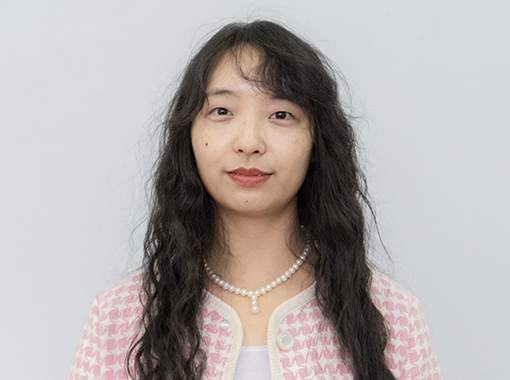







Core Qualification

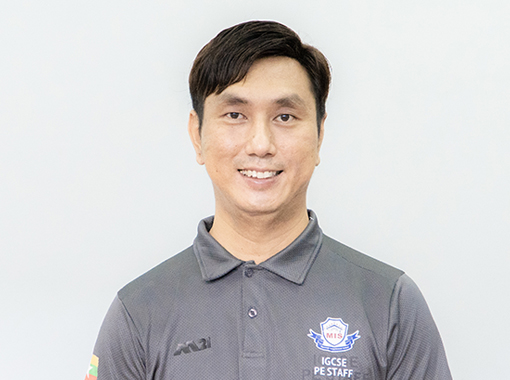
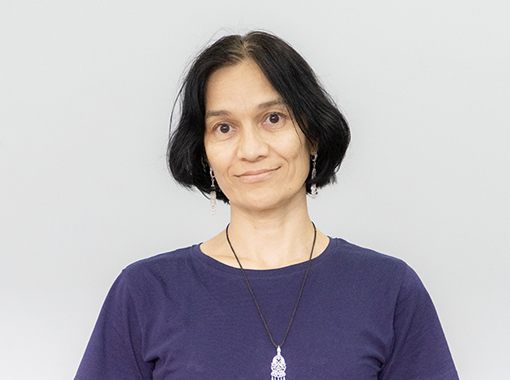
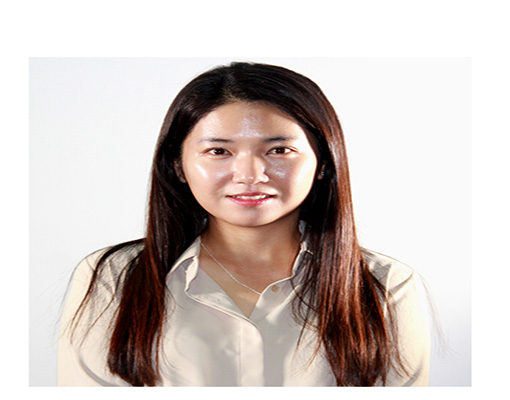
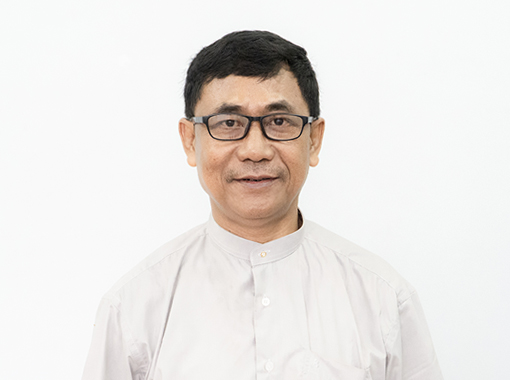
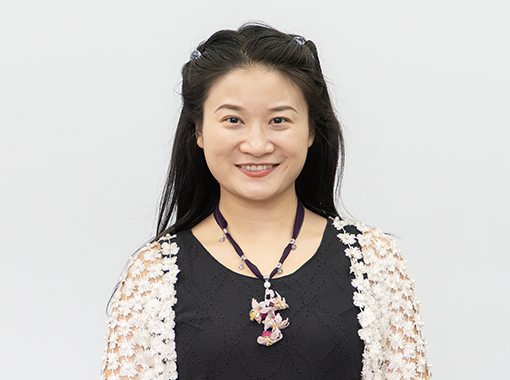


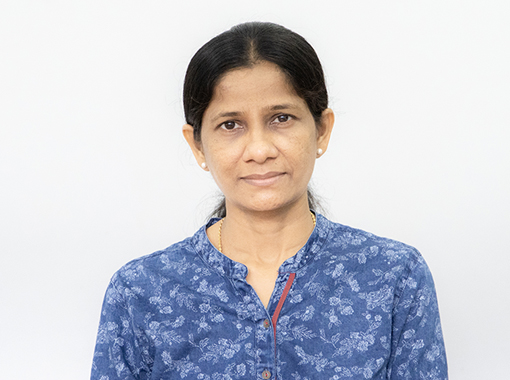
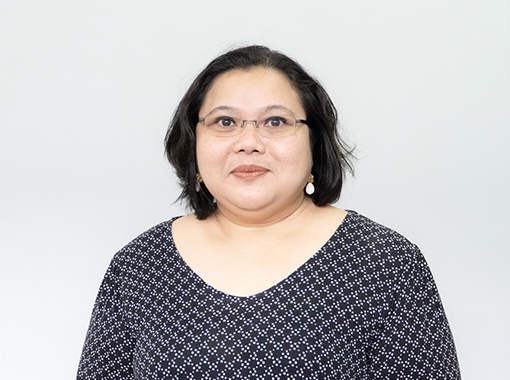
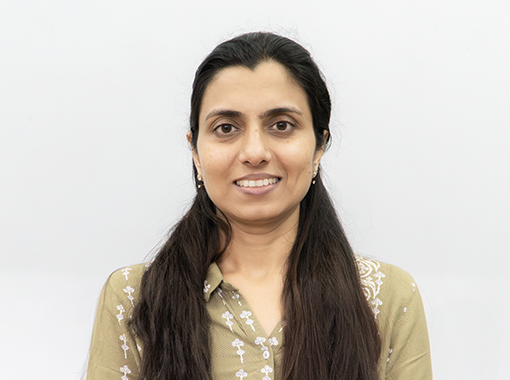

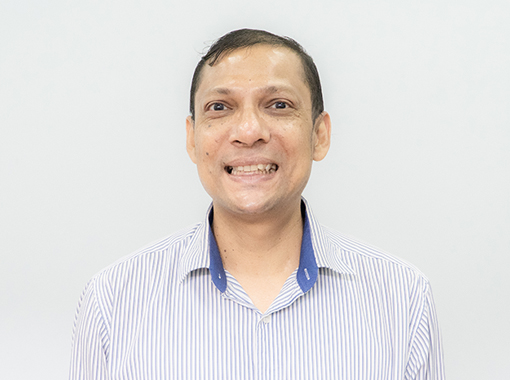
Kalinga is an experienced, qualified, enthusiastic and kind teacher who has a passion for teaching chemistry. He has a B.Sc., and M.Sc. and a Postgraduate Diploma in Science Education. He also holds a Postgraduate Certificate in Advanced Organic Chemistry. For his valuable and active participation in carrying out scientific research, he has also
been awarded the Presidential Award for Scientific Research.
In his 20-year-old successful career in education, he has taught chemistry at well- established and prestigious International Schools in Sri Lanka, Oman and Saudi Arabia. Kalinga is married to Indrani and has two daughters.
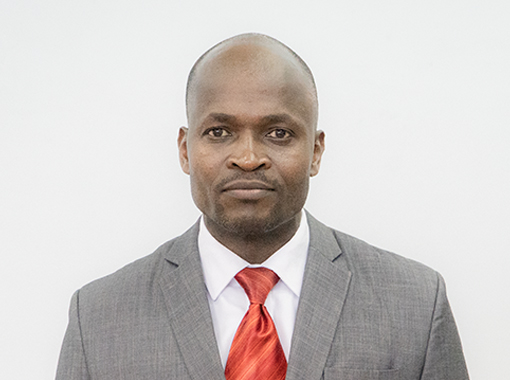
Edwin is a Bachelor of Science (BSc) graduate He is also a holder of a postgraduate diploma in education (PGDE), an MIS diploma in IT and currently working on his master of science (MSc) project in Physics. He has served as the CPD Coordinator and a head of science and mathematics department. He has undergone a number of trainings for professional development in both subjects. He has been teaching Physics and mathematics for over 18 years now. He has experience in interacting with and guiding the learners to maximize their individual potential. He is pleased to be part of the MIS team.
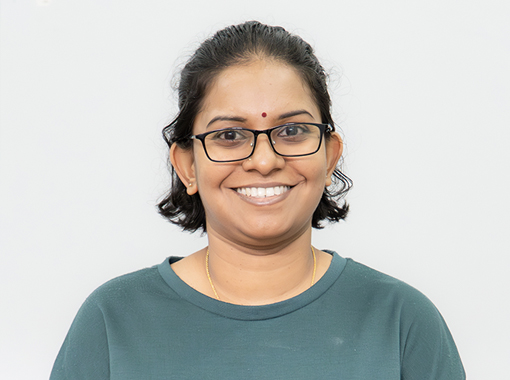
Komalsh has been a Biology Teacher for the past 12 years, specializing in IGCSE and A Level content. She is an alumnus from The University of Malaya, Kuala Lumpur, graduating with a BSc& B.Ed. (Hons) and MSc. Ed.
Komalsh has training in marking for A levels Biology from CIAE. She also is a Microsoft Certified Trainer. Komalsh enjoys reading, baking and working on petit legos in her free time, she will continue to play a great role under the Science Department.
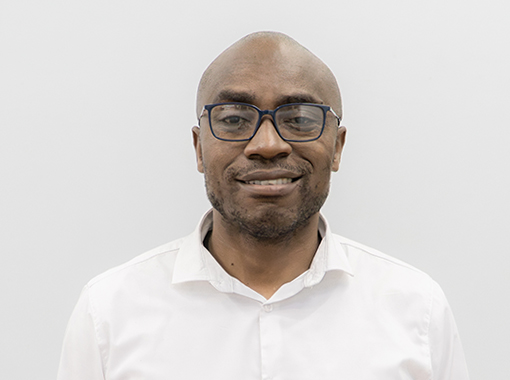
John is an enthusiastic Apple Certified Teacher who holds a Bachelor’s Degree in Computer Science and is technically certified in several operating system platforms. He is a Certified HUAWEI Cloud Computing Engineer, Certified Cyberoam Network and Security Professional (CCNSP), Networking and operating systems (GOOGLE), Certificate in teaching Computing, British Computer Society. John specializes in getting students to understand the practical side of computers and always has the students’ needs in mind.

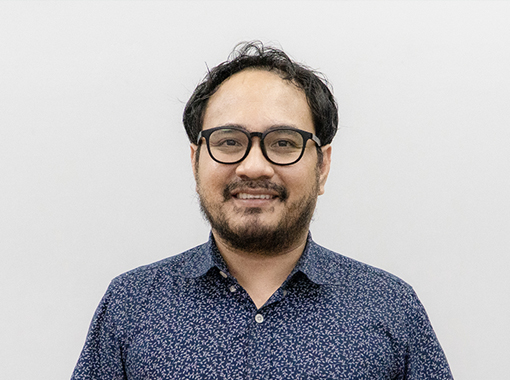
Edmer has been teaching at MIS for the past 9 years. He has been a middle school Mathematics teacher and an IGCSE Y10 Mathematics teacher. He holds a Bachelor in Secondary Education major in Mathematics and completed his TESOL certificate.

Dr.S.Purushothaman has been teaching Mathematics for more than 15 years at various Cambridge international schools in India, Maldives, Qatar and Thailand for AS, A Level, IGCSE and international Mathematics. He had experience in digital teaching by using Mymaths, cinch and Aleks programmes and guiding the students for ACT, SAT. He holds a professional development course in Intermediate Cambridge IGCSE & A Level Mathematics. He holds a Doctorate in Mathematics at University of Allahabad and Master of education at University of Bangalore. He is completely ready to use modern technology in teaching and learning process, giving extra care for students who need to improve their learning skills. His motto is to nurture the students and make them a better example in their life for others.
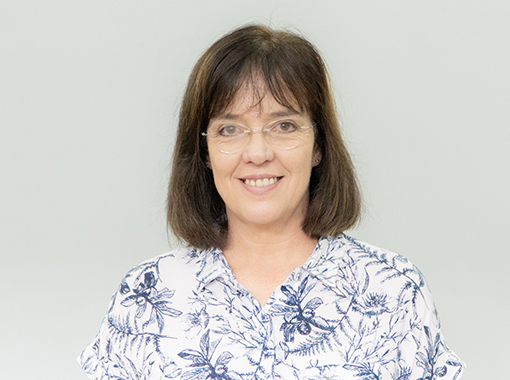
Marilyn has been an educator for the past 30 years in various capacities and grade levels in South Africa. I am especially passionate about teaching English and creating a passion in the students. Marilyn has a Teaching qualification from the University of the Witwatersrand, an IEB Assessor and Moderator’s certificate, Cambridge training and also Steve Jobs training from the University of Maastricht in the Netherlands. Marilyn is looking forward to creating a passion for English and making a fundamental difference in the lives of the students in the coming academic year.

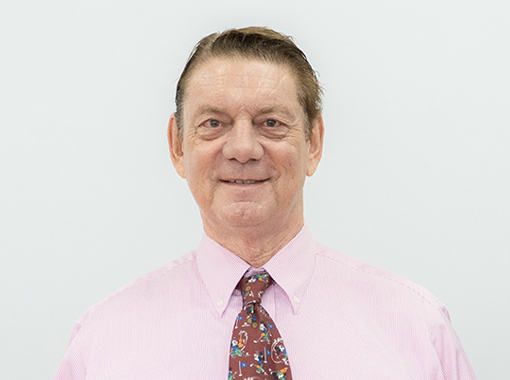
Mr. Anthony is British, gaining his teaching qualifications from Birmingham and Wolverhampton Universities with honours in the UK. He has been teaching all the Sciences (Biology, Chemistry and Physics) since 1979. He started his teaching career in England but his experience includes 34 years overseas work in some of the finest British curriculum schools around the world, including schools in Turkey, Malawi, Brunei, China, South Korea, Malaysia and Egypt. He also has management and teacher training experience with the British Government’s Overseas Development programmes. South East Asia is his favourite part of the world.
